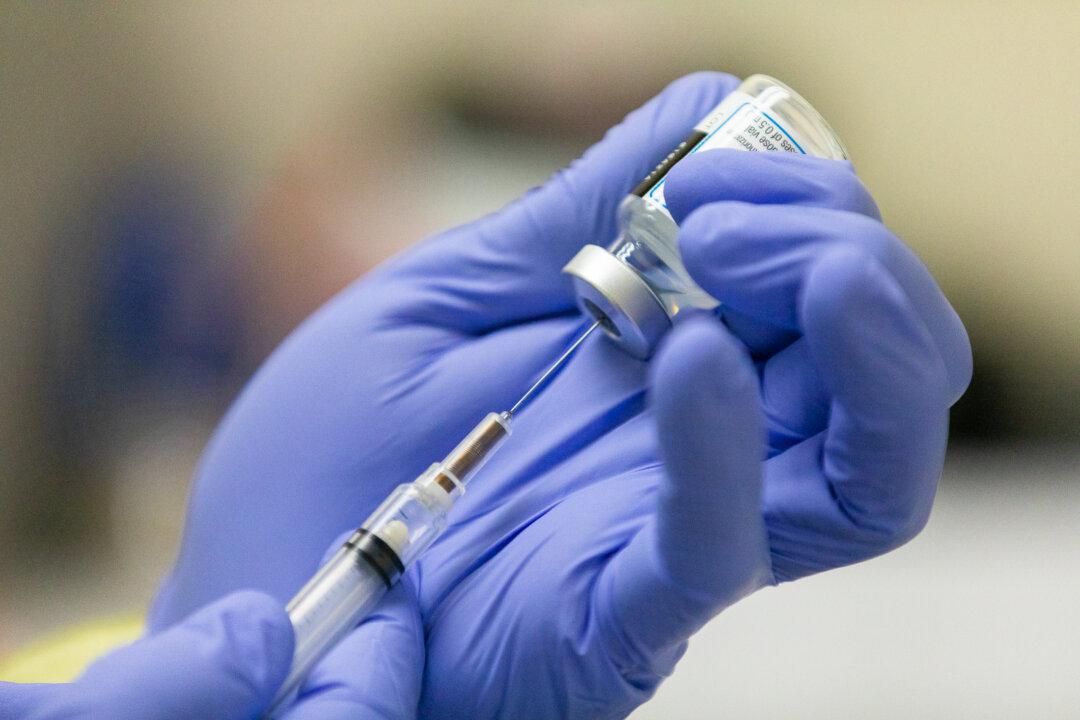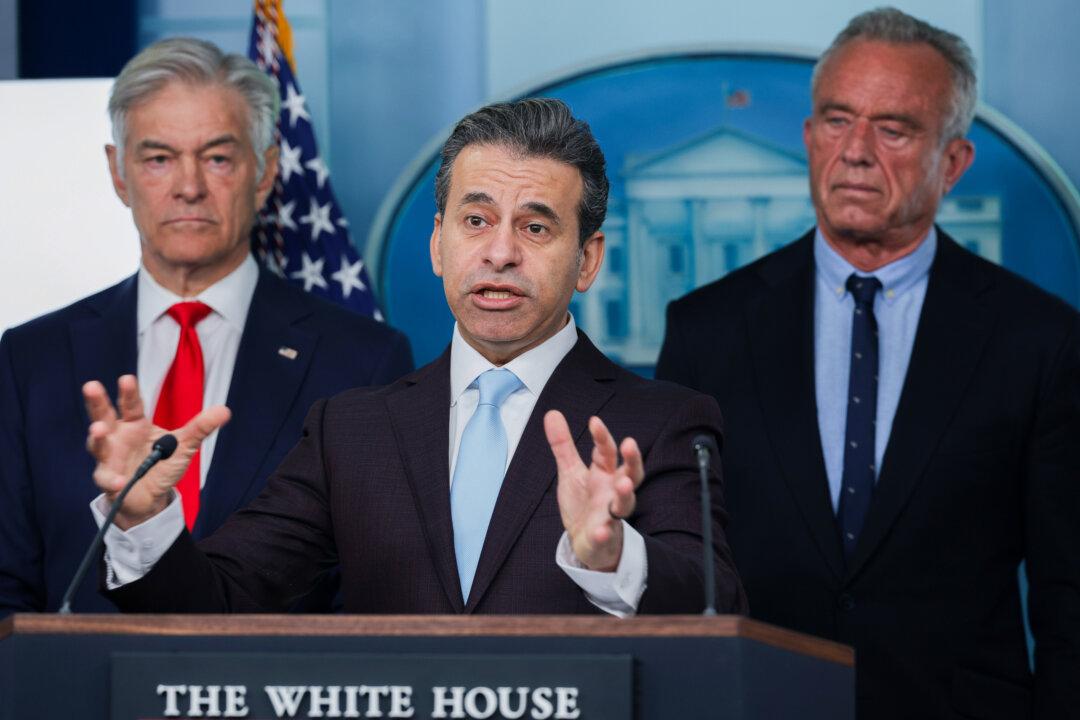U.S. regulators sped up the approval of Pfizer’s COVID-19 vaccine to enable vaccine mandates, according to newly released emails.
Pfizer and BioNTech asked the U.S. Food and Drug Administration (FDA) in May 2021 to approve their vaccine. Regulators said publicly that the review of the Biologics License Application would likely be done by January 2022, but behind the scenes top agency officials were pushing the Office of Vaccines Research and Review (OVRR) to quickly complete the review.






